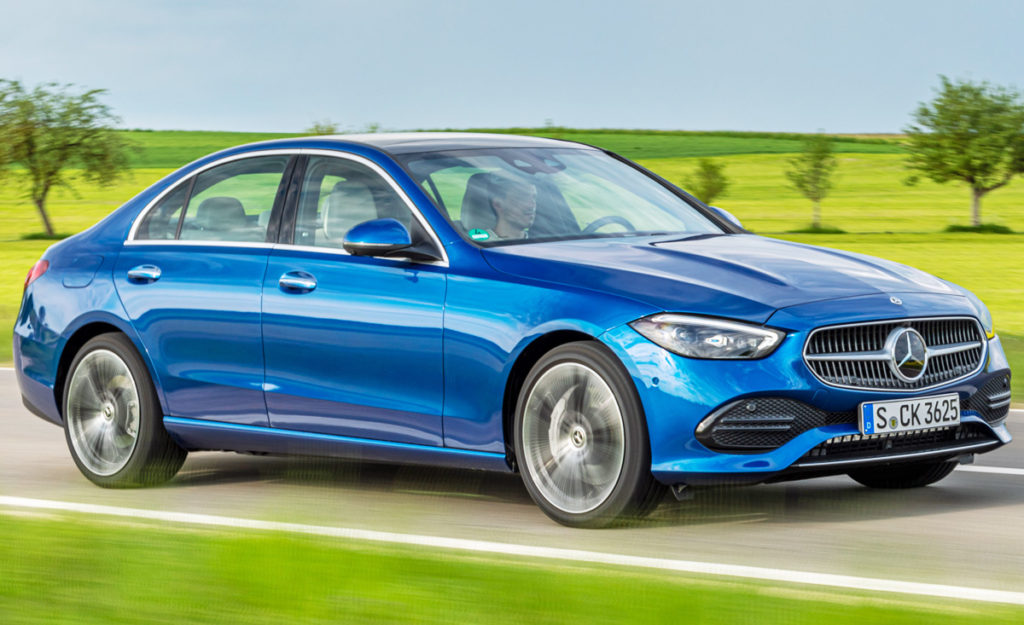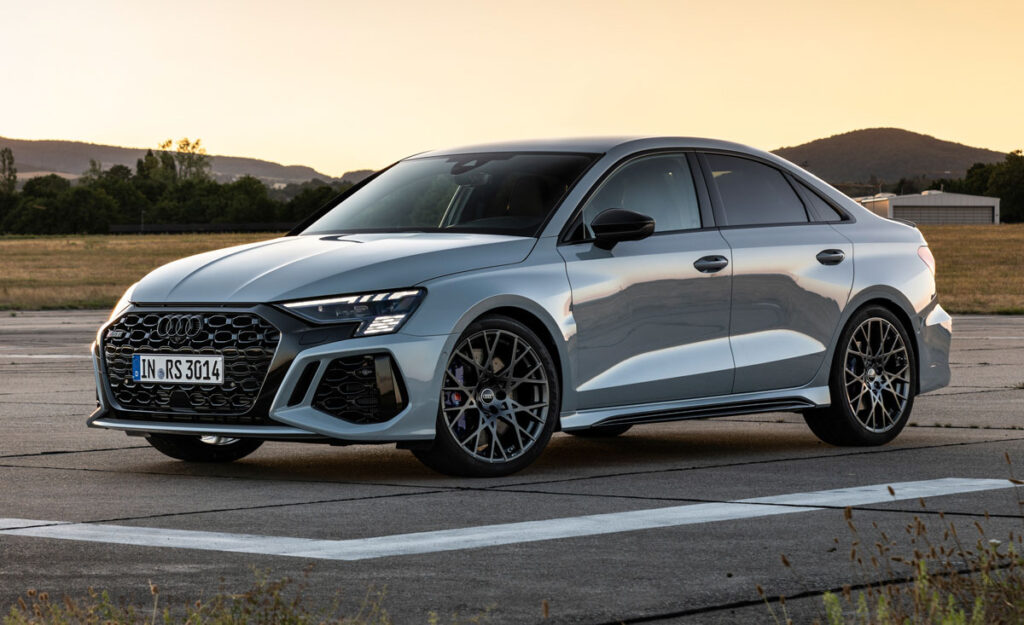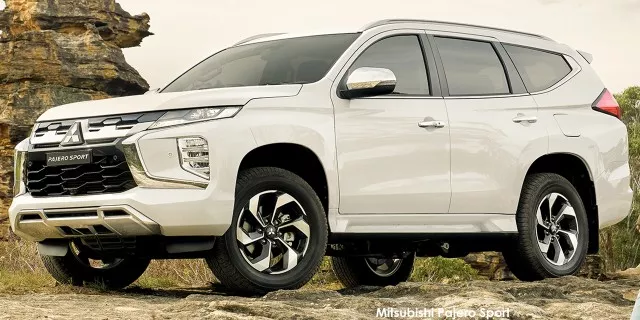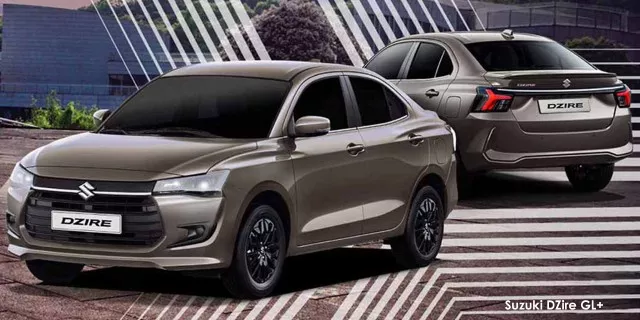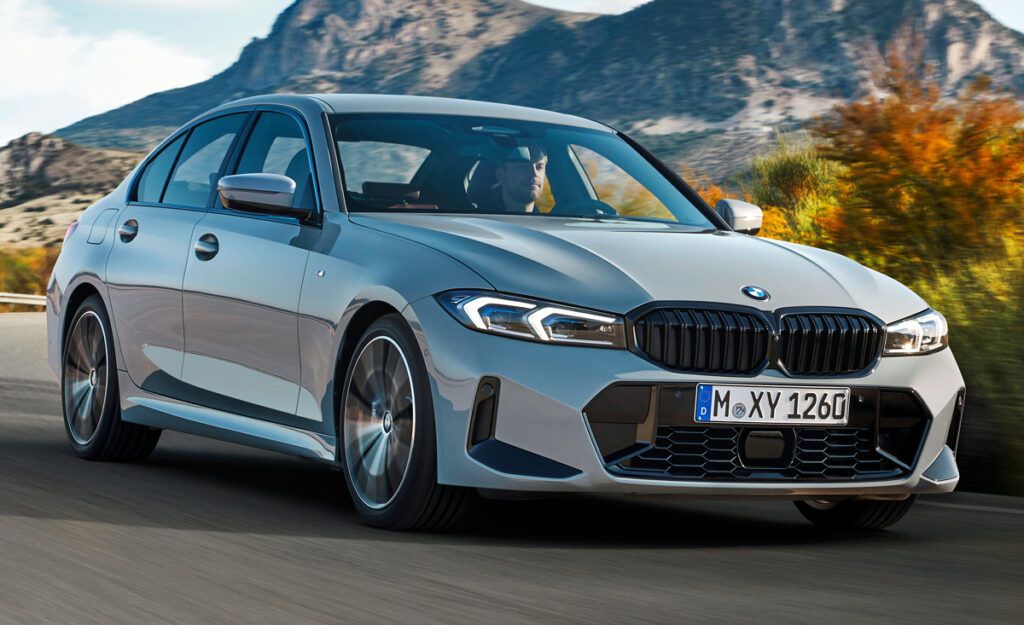
The sedan has seen a decline in popularity over the last few years, owing to the rise of more practical vehicle body types, with only a handful of vehicles still upholding the segment either because of their status or their price tags.
This is because SUVs and their more affordable crossover counterparts have seen an explosion in offerings in recent times with one example, VW, releasing four new models in 2022 alone.
This is not to say that sedans are on their way out, but the number of available models has certainly gone down meaning they are likely to become a more niche vehicle type for many buyers in the foreseeable future.
The phenomenon is not unique to sedans either, as hatchbacks have also seen a dip in sales in recent years owing to the debut of similarly-priced crossovers with more ground clearance taking a bite out of their market share.
However, given that hatchbacks are ostensibly the most affordable body type available, it seems a safe bet to assume that they will maintain a sizeable market share, especially on the lower end.
Sedans vs SUVs
Instead, it’s sedans that have seen the biggest impact as a result of the SUV’s emergence as the body type of choice for many drivers.
The SUV vs sedan debate is hotly contested among motoring enthusiasts, but the general argument in most cases boils down to practicality vs performance.
SUVs, which stands for Sport Utility Vehicles, certainly offer a more practical everyday option over their sedan counterparts, as their larger body type generally translates to more cabin space, up to seven seats, a larger boot, a better ride height, and the ability to tow larger trailers.
All of this equals a car that is well-suited for families, people with pets, and those who like to regularly go on trips.
There’s also a harder-to-quantify safety element, both physical and psychological, that comes from being in a larger vehicle, which is a factor worth mentioning in a country like South Africa which has high accident and hijacking rates.
Sedans, for their part, do have a few things going them, performance being key among them.
While the gap in performance between sedans and SUVs has narrowed in the past few years, it’s still not an even playing field, as the former’s more streamlined body type means better aerodynamics and a lower centre of gravity, leading to finer handling than its bulky competitors.
Consequently, it should go without saying that the majority of cars in the high-performance segment still favour either a sedan or coupe body type, though even here SUVs such as the Lamborghini Urus have started to muscle in on the dominance of the conventional supercar.
In South Africa, there are still a handful of popular and highly-coveted sedans on the market, such as the Audi A4, BMW 3 Series, and Mercedes-Benz C-Class, but even these have to share the spotlight with the likes of BMW’s X-branded SUVs, Audi’s Q-models, or the range of crossovers that Mercedes has been bringing to the stage.
It’s even more apparent in the affordable segment where sedans have become rather slim pickings with only a handful of alternatives like the VW Polo and Nissan Almera on offer.
Instead, it’s models like the Toyota Corolla Cross which now dominate the wallet-friendly category and consistently feature as one of the best-selling cars in the country.

